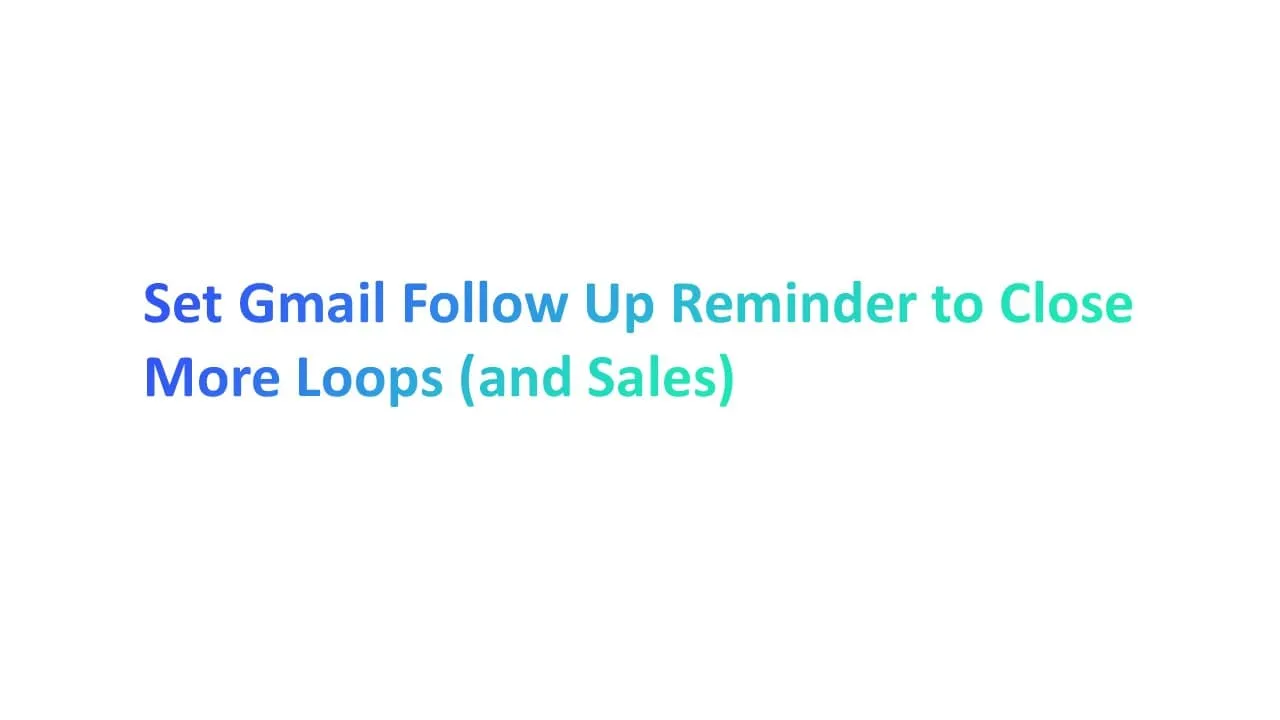How Do You Email Professionally? Tips and Tricks for Better Communication
Email has become one of the primary forms of communication in today's fast-paced digital world. Whether you're sending a business proposal or reaching out to a potential client, it's essential to present yourself professionally in your emails. In this article, we'll provide you with tips and tricks on how to email professionally, from crafting the perfect subject line to closing your email on the right note.
Crafting the Perfect Subject Line
The subject line of your email is the first thing the recipient sees. Therefore, it's crucial to make a good impression and capture their attention right away. Your subject line should be short and concise, providing a clear indication of what your email is about. It should also be relevant to the recipient, so they know why they're receiving the email.
Avoid using generic subject lines like "Hello" or "Important." Instead, try to be more specific and descriptive, such as "Proposal for XYZ project" or "Meeting request for Friday." By doing so, you'll increase the chances of your email being opened and read.
Starting Your Email
The opening of your email sets the tone for the rest of the message. It's essential to begin with a greeting that's appropriate for the recipient. If you're emailing someone for the first time, use a formal greeting like "Dear" or "Hello," followed by their name. If you're emailing someone you've corresponded with before, you can use a more casual greeting like "Hi" or "Hello again."
In the opening sentence, you should introduce yourself and explain the reason for your email. Be clear and concise, and get straight to the point. Avoid using overly formal or complicated language, as it can make your email seem stiff or unapproachable.
Structuring Your Email
A well-structured email makes it easier for the recipient to read and understand your message. Use short paragraphs and bullet points to break up your text and make it more visually appealing. This helps to keep your reader engaged and interested in what you have to say.
When structuring your email, it's essential to keep in mind the purpose of your message. If you're sending a proposal or pitch, make sure to highlight the benefits of your product or service. If you're following up on a previous conversation, remind the recipient of the key points you discussed.
Closing Your Email
The closing of your email is just as important as the opening. It's your chance to leave a lasting impression and set the tone for future communication. Your closing should be friendly and professional, and include a clear call to action.
If you're requesting a response or action from the recipient, make sure to include a specific deadline. This helps to ensure that your message doesn't get lost in their inbox and prompts them to take action. It's also a good idea to thank the recipient for their time and consideration.
Proofreading Your Email
Before hitting the send button, make sure to proofread your email for any spelling or grammatical errors. A poorly written email can reflect negatively on your professionalism and credibility. Take the time to review your message carefully and make any necessary edits.
It's also a good idea to read your email out loud to ensure that it flows well and makes sense. This can help you catch any awkward phrasing or unclear statements.
Email is an essential tool for communication in today's business world. By following the tips and tricks outlined in this article, you can ensure that your emails are professional, engaging, and effective. Remember to focus on crafting a clear subject line, starting your email with an appropriate greeting, structuring your message for easy readability, and closing with a clear call to action. With a little practice and attention to detail, you can become a master {continuation of article}
of professional email communication that will help you build strong relationships with your clients, colleagues, and business partners.
Additional Tips for Professional Email Communication
1. Use a professional email address:
Your email address should reflect your professionalism. Avoid using nicknames or personal email addresses that are unprofessional.
2. Use proper capitalization and punctuation:
Use proper capitalization and punctuation in your email to make it easier to read and understand.
3. Avoid using slang or abbreviations:
Slang and abbreviations can make your email seem unprofessional and difficult to understand.
4. Use a clear and concise writing style:
Avoid using overly complicated language or jargon that may be confusing to the reader.
5. Respond promptly:
Respond to emails in a timely manner to show that you value the sender's time and are reliable.
6. Use a professional email signature:
A professional email signature should include your name, job title, and contact information.
7. Avoid using all caps:
Using all caps can come across as shouting and is considered unprofessional.
8. Be respectful:
Always be respectful in your email communication, even if you disagree with the recipient.
By following these additional tips, you can ensure that your email communication is professional, respectful, and effective.
In conclusion, email communication is an essential part of modern business, and it's crucial to present yourself professionally in your emails. By following the tips and tricks outlined in this article, you can improve your email communication and build strong relationships with your clients, colleagues, and business partners. Remember to focus on crafting a clear subject line, starting your email with an appropriate greeting, structuring your message for easy readability, and closing with a clear call to action. With a little practice and attention to detail, you can become a master of professional email communication that will help you achieve success in your business endeavors.







